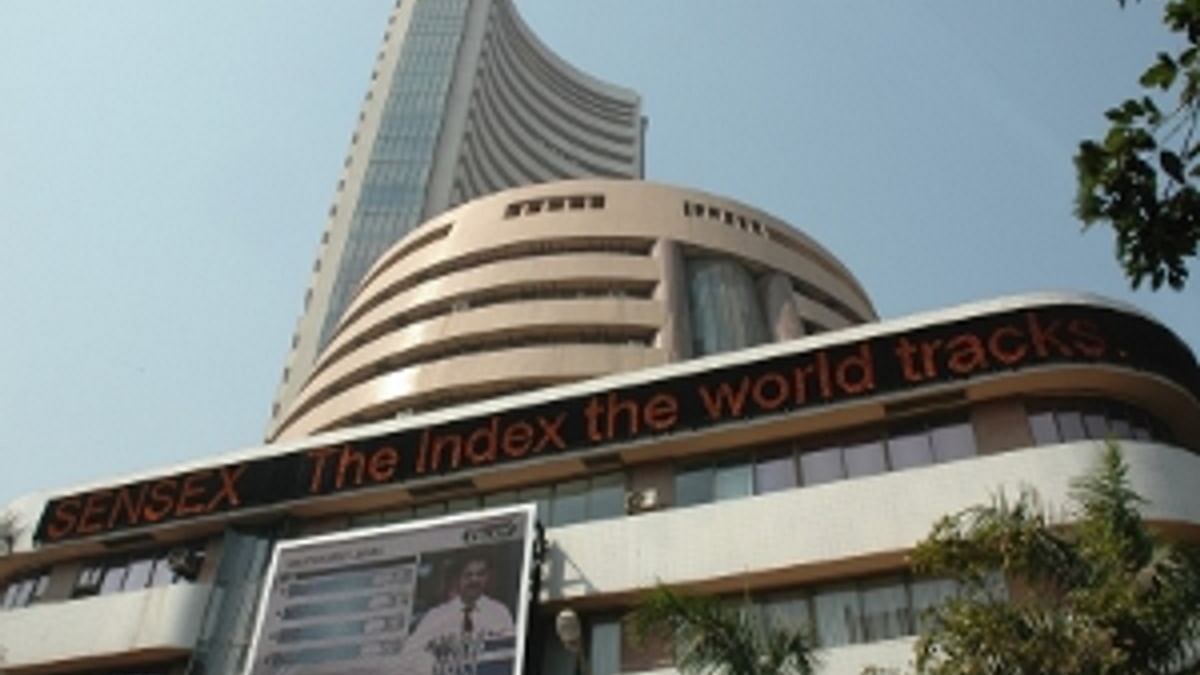
The Indian stock indices opened Friday’s trading on a high note, continuing their upward trend. They reached new highs on Thursday, and the benchmark Sensex went over 66,000 in the process. At the time this report was being written, both the Sensex and the Nifty were up about 0.2% each. They were at 65,685 and 19,449 points, respectively. This morning, 31 of the Nifty 50 companies saw gains, while the remaining ones saw declines. The top gainers were HCL Tech, LTIMindtree, Hindalco, Infosys, and Tech Mahindra. The top five losers were Power Grid, HDFC Life, Apollo Hospitals, NTPC, and Axis Bank. The consistent inflow of foreign portfolio funds, firm economic outlook, firm global markets, and moderation in inflation contributed to the latest bull run in Indian stocks. However, several analysts have been pointing out that any further rally from the current levels is unlikely as valuations are on the higher side.
“This (ongoing) declining dollar is favourable for emerging markets and India being the most-favoured emerging market, the FPI flows are likely to sustain,” said VK Vijayakumar, chief investment strategist at Geojit Financial Services.
Foreign portfolio investors (FPIs) have remained net buyers in Indian stock markets for the fourth straight month, according to data from the National Securities Depository (NSDL).
FPIs bought Indian stocks worth Rs 7,936 crore, Rs 11,631 crore, Rs 43,838 crore, and Rs 47,148 crore in March, April, May, and June, respectively, data showed.
The constant rise in Indian stock indices is maintained even after the retail inflation data for June showed a considerable uptick.
Bucking the trend, retail inflation in India rose considerably in June to 4.81 per cent, largely due to a sharp spurt in vegetable prices. The inflation index for rural and urban was 4.72 per cent and 4.96 per cent, respectively.
The rise in inflation could partly be attributed to the current spurt in tomato prices across India. The rise in tomato prices is reported across the country, and not just limited to a particular region or geography. In key cities, it rose to as high as Rs 150-160 per kg.
Besides vegetables, meat and fish; eggs; pulses and products; spices indices too saw an uptick.
On the positive side, even though India’s retail inflation in June jumped considerably, it continues to remain within the RBI’s tolerance range (2-6 per cent) for the fourth consecutive month, with forecasts that it would remain so for the rest of the financial year 2023-24. However, SBI Research noted in its most recent “Ecowrap” report, written by SBI’s Group Chief Economic Adviser Soumya Kanti Ghosh, that given the monsoon’s erratic progress and its impact on the sowing of Kharif crops and, consequently, on overall food inflation, continued vigilance on the evolving inflation outlook is warranted. India’s farmers have begun planting their Kharif crops. Some of the most important Kharif crops include cotton, corn, groundnuts, cotton, moong, bajra, maize, and cotton.